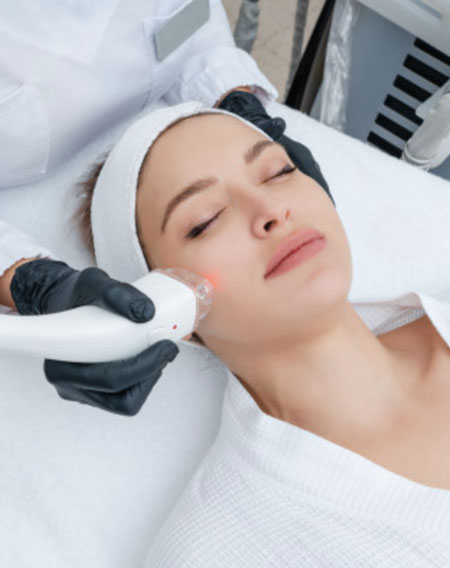Skin cancer is a type of cancer that affects the skin. It can be caused by overexposure to UV rays from the sun or from tanning beds. The most common types of skin cancer are basal cell carcinoma (BCC), squamous cell carcinoma (SCC), and melanoma. Treatment for skin cancer may include surgery, radiation therapy, chemotherapy, and immunotherapy.
It is caused by too much exposure to ultraviolet radiation from the sun or tanning beds. Skin cancer can occur anywhere on the body, but it is most commonly found on the face, neck, hands, and arms.
Early detection is key to successful treatment, so it’s important to be aware of the signs and symptoms of skin cancer and to get regular skin cancer check.The sun is one of the most important contributors to skin cancer.A skin cancer may involve a visual inspection, as well as taking a sample of skin cells to be examined under a microscope.

What is Skin Cancer?
It is caused by too much exposure to UV radiation from the sun or tanning beds. There are 3 main skin cancer types, ie. basal cell carcinoma, melanoma and squamous cell carcinoma. Each type of skin cancer has its own set of signs and symptoms.
Risks and Causes
Anyone can get skin cancer, but people with fair skin, light-colored eyes, and a history of sunburns are at greater risk. Other risk factors include a weakened immune system, a history of excessive sun exposure, and a family history of skin cancer.
Signs and Symptoms
The most common sign of skin cancer is a change in the appearance of the skin. This can include a new mole, a new growth, or a change in an existing mole. Other signs of skin cancer include a sore that doesn’t heal, a red or scaly patch, or a spot that itches or bleeds.
Screening and Diagnosis
Your doctor can perform a skin cancer screening to look for any suspicious spots. This usually involves a visual inspection of the skin, followed by a biopsy if needed. A biopsy involves removing a sample of the suspicious tissue and sending it to a lab for analysis. If skin cancer is diagnosed, your doctor can recommend the best treatment plan for you.
It is important to be aware of the signs and symptoms of skin cancer and to get regular skin cancer screenings. Early detection is key to successful treatment, so don’t hesitate to talk to your doctor if you notice any changes in your skin.